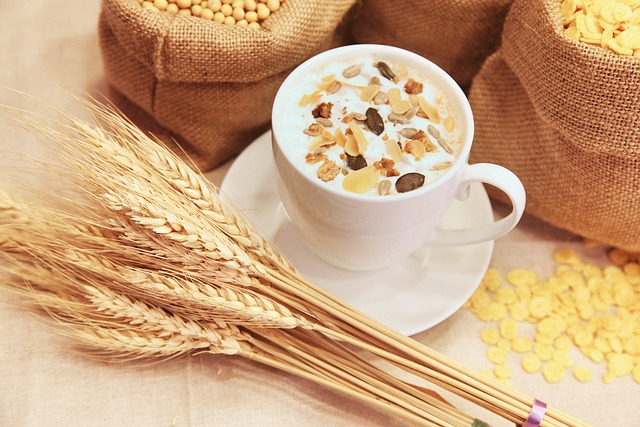The Ultimate Guide to Boosting Gut Health with Probiotics

Introduction
Gut health plays a crucial role in our overall well-being. It affects our digestion, immune system, and even mental health. Maintaining a healthy gut can be achieved in various ways, and one of the most effective methods is by incorporating probiotics into our diet.
What are Probiotics?
Probiotics are live bacteria and yeasts that are good for our health, especially for our digestive system. They are commonly known as “good” or “friendly” bacteria, as they help keep our gut in balance by fighting off harmful pathogens.
Benefits of Probiotics for Gut Health
Probiotics offer numerous benefits for the gut, including:
- Improved Digestion: Probiotics aid in breaking down food and absorbing nutrients, preventing digestive issues such as bloating, diarrhea, and constipation.
- Enhanced Immune Function: Approximately 70% of our immune system resides in the gut. Probiotics support immune function by promoting a healthy balance of gut bacteria.
- Reduced Inflammation: Certain strains of probiotics have been found to reduce inflammation in the gut, potentially alleviating symptoms of conditions like irritable bowel syndrome (IBS) and inflammatory bowel disease (IBD).
- Mental Health Support: The gut and the brain are closely connected through the gut-brain axis. Probiotics have shown promise in improving mental health conditions such as anxiety, depression, and stress.
- Prevention of Antibiotic-Related Side Effects: Antibiotics can disrupt the natural balance of bacteria in our gut, leading to side effects like diarrhea. Taking probiotics alongside antibiotics can help restore this balance.
Sources of Probiotics
Probiotics can be naturally found in various foods, including:
- Yogurt: Look for yogurts labeled with “live and active cultures.” These contain beneficial bacteria, such as Lactobacillus and Bifidobacterium.
- Kefir: Kefir is a fermented milk drink that is rich in probiotics. It is made by adding kefir grains to milk.
- Sauerkraut: Sauerkraut is fermented cabbage and is also a great source of probiotics. Make sure to choose unpasteurized sauerkraut for maximum benefits.
- Kombucha: Kombucha is a kombucha tea that has been fermented with a SCOBY (symbiotic culture of bacteria and yeast). It is a popular source of probiotics.
- Miso Soup: Miso soup is a traditional Japanese soup made from fermented soybeans. It often contains probiotics, such as the bacterium called Miso.
Choosing the Right Probiotic Supplement
If you cannot incorporate enough probiotic-rich foods into your diet, you can consider taking probiotic supplements. Here are a few tips for choosing the right one:
- Strain Diversity: Look for a supplement that contains multiple strains of bacteria, such as Lactobacillus and Bifidobacterium. Each strain offers different benefits.
- Colony Forming Units (CFUs): The CFU count represents how many viable bacteria are in each dose. Opt for a supplement with at least 10 billion CFUs.
- Survivability: Ensure that the supplement has a protective coating or is enteric-coated to survive the acidic environment of the stomach and reach the intestines.
- Reputable Brand: Choose a supplement from a reputable brand that follows good manufacturing practices (GMP) and undergoes third-party testing.







